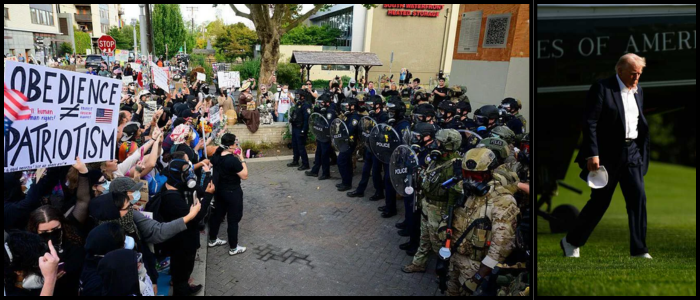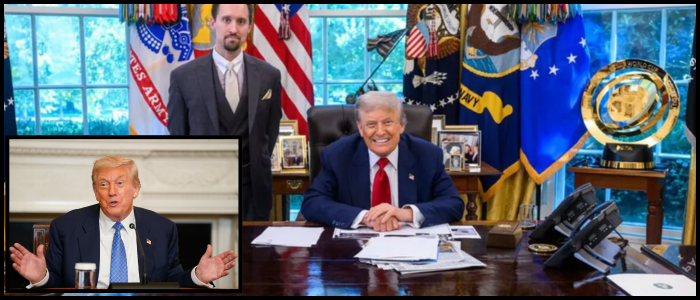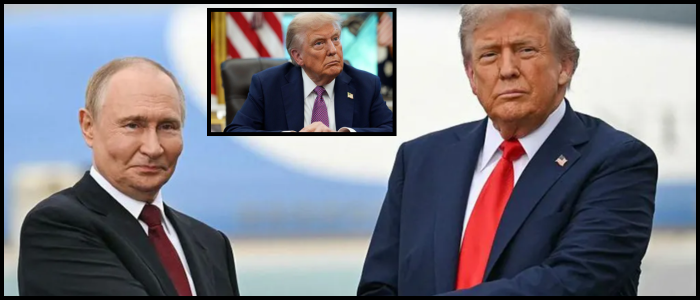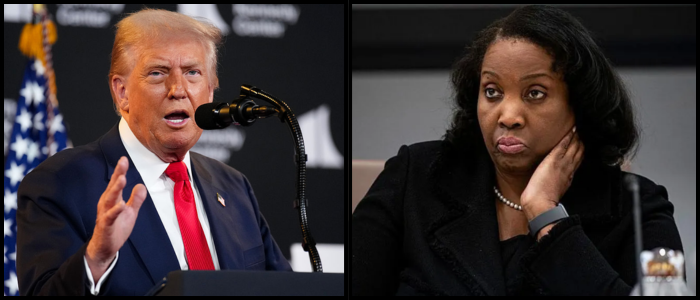Iran called on the Shanghai Cooperation Organization, a group backed by China and Russia, to help respond to military aggression. But no concrete support came, highlighting the limits of Beijing's influence in Middle Eastern conflicts.
Despite Iran's disappointment, China remains focused on promoting itself as a peaceful global power, different from the US.
China's Strategy: Stay Out, Criticize the West
Beijing prefers to criticize Western military actions while avoiding the risks of direct military engagement. China has a limited military presence in the Middle East, with just one base in Djibouti. Its relationship with Iran is mostly economic, especially in oil trade.
Experts say China's restraint reflects its focus on maintaining economic ties, avoiding war, and securing its global image in the Global South. Beijing's "non-intervention" policy aims to show it as a responsible power without the costly involvement seen in US foreign policy.
The Future of the China-Iran Relationship
Although China didn't directly aid Iran during the conflict, it continues to provide indirect support through trade and dual-use goods. Analysts believe China wants Iran to be stable enough for business but avoids being tied to its military conflicts.
Overall, China, Russia, and Iran remain loosely connected by shared opposition to Western dominance, but their alliance lacks the unity seen in Western blocs. For China, Middle East policy is about protecting economic interests, not waging wars.
Politics
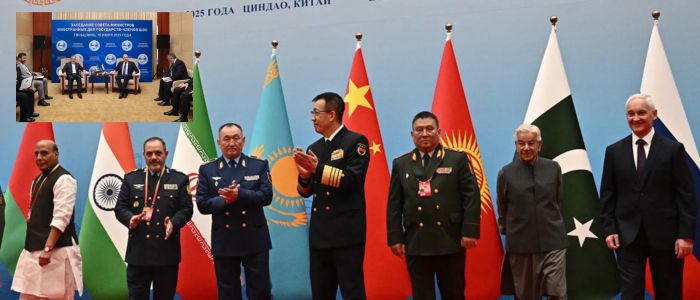
Why China Stayed Neutral in Iran-Israel Conflict

During the recent Iran-Israel war, China maintained a careful distance, avoiding direct involvement even as Iran faced attacks from both Israel and the US. Iran publicly expressed frustration, seeking stronger support from allies like China and Russia. However, China, while condemning the strikes, stopped short of active intervention.











